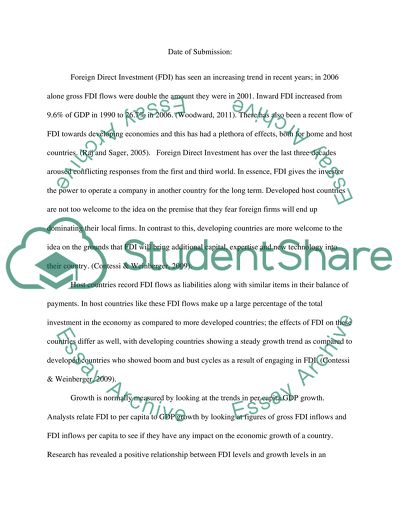Cite this document
(“Foreign Direct Investment Essay Example | Topics and Well Written Essays - 2000 words”, n.d.)
Retrieved de https://studentshare.org/macro-microeconomics/1455787-examine-the-impact-of-inward-foreign-direct
Retrieved de https://studentshare.org/macro-microeconomics/1455787-examine-the-impact-of-inward-foreign-direct
(Foreign Direct Investment Essay Example | Topics and Well Written Essays - 2000 Words)
https://studentshare.org/macro-microeconomics/1455787-examine-the-impact-of-inward-foreign-direct.
https://studentshare.org/macro-microeconomics/1455787-examine-the-impact-of-inward-foreign-direct.
“Foreign Direct Investment Essay Example | Topics and Well Written Essays - 2000 Words”, n.d. https://studentshare.org/macro-microeconomics/1455787-examine-the-impact-of-inward-foreign-direct.


